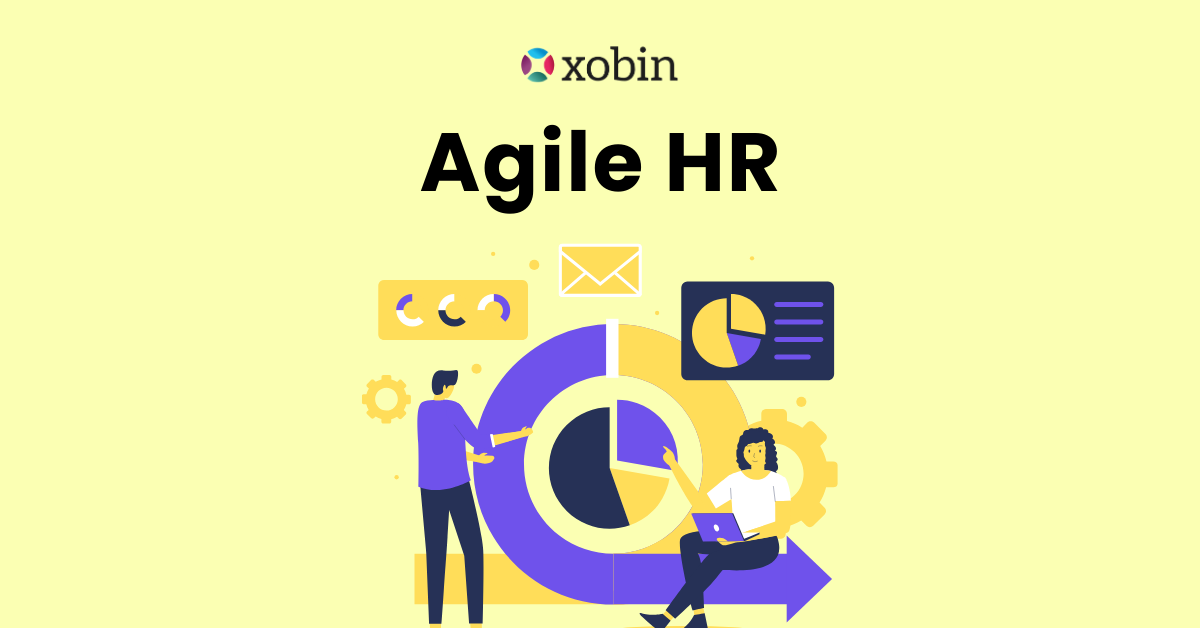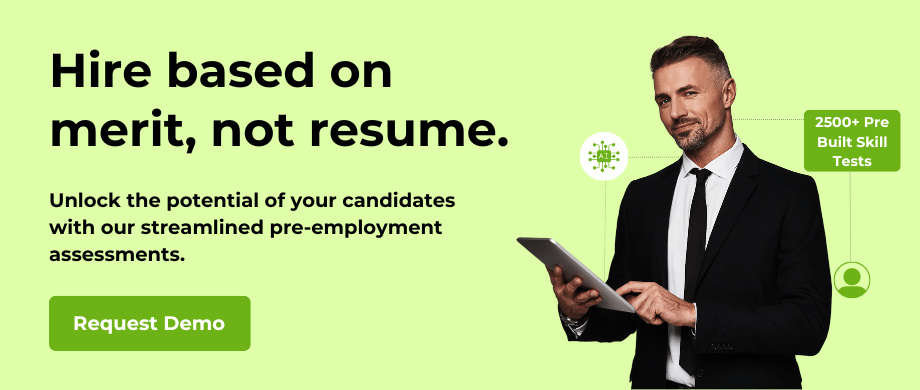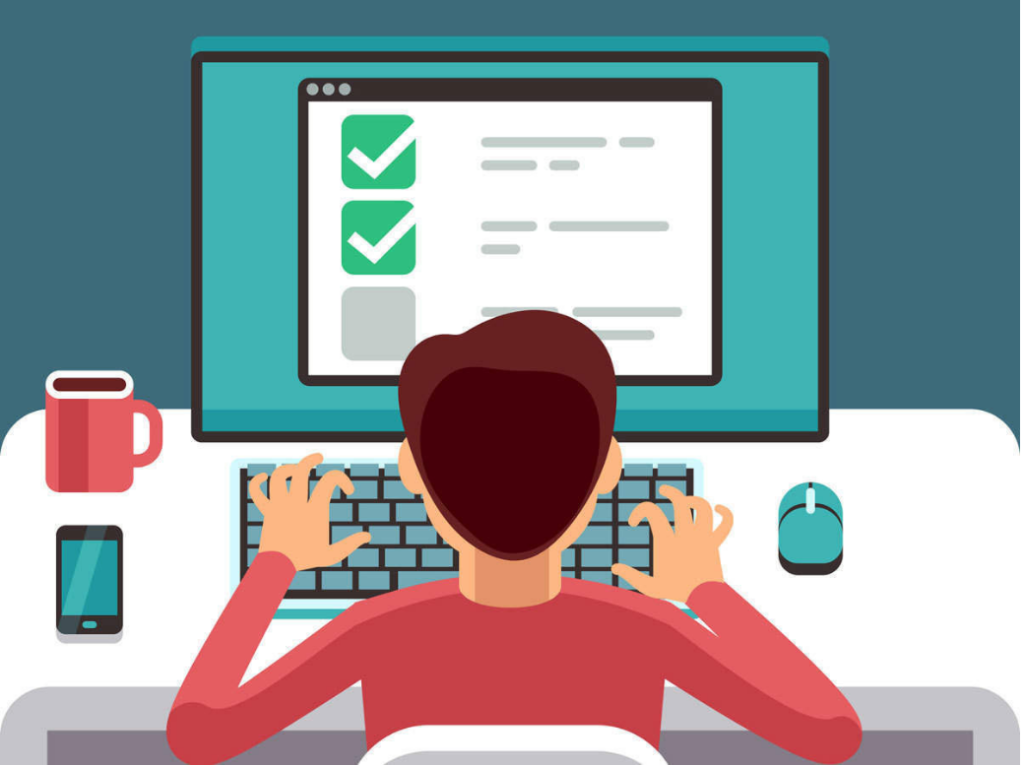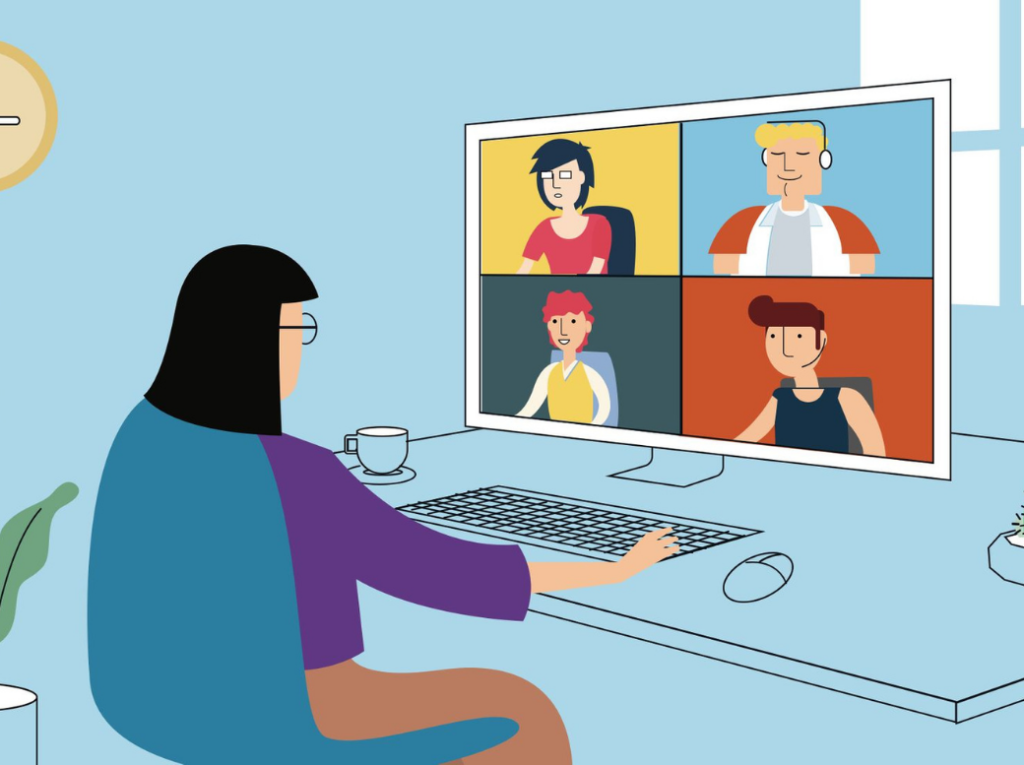XOBIPEDIA
HR Glossary

The pace at which the modern world is changing is showing clear signs of the importance of adapting to this new world. The work culture is undergoing a very crucial stage right now. Especially since the pandemic, work culture all over the world has seen a drastic change.
With all these changing functions, HR is also facing the same issue of adapting and solving problems faster. However, it has been noticed that agile HR approaches are a bit more futuristic and help in solving such problems.
It is safe to say that HR needs to follow agile approaches to work efficiently.
Read this blog further to understand all about agile HR in detail.
What is Agile HR?
The agile methodology was originally originated by a group of software developers who wanted to shorten the delays of benefits to users. The group wanted to get constant feedback in order to continuously upgrade their product.
Now, one might ask what this has to do with HR. The basic fact is that agile is not just a methodology but a way of working.
Agile HR is basically a way of working in such a dynamic workplace where there is a constant need for updated solutions.
Agile HR refers to-
- Organizing HR functions in a way that adapts to situations more flexibly and responds faster.
- A flexible HR approach which molds according to the workforce changes.
- A quick turnaround time. Constantly taking feedback and keeping on adapting to better solutions.
- Giving ownership to employees to help them in their development.
- Providing enough learning opportunities for the employees irrespective of their job position.
- Open communication between teams.
- Having a customer-centric focus.
What Does Agile Mean to HR?
Agile is not just a methodology but philosophy, a mindset, and a set of management practices. Agile practically changed the software development industry completely and now it’s here to change HR as well.
Agile in HR is still a bit new but it seems to be a really successful approach. It is not just an option but the need of the hour.
Agile to HR basically means having a flexible working environment where there is no resistance to new ideas. It creates a way of working in a fast-paced manner and helps in adapting to situations more quickly.
Earlier, HR functions used to follow waterfall-style processes but recently companies have been seen replacing that with agile HR. The company now follows an approach with a lot more regular check-ins and constant feedback.
HR is not just an administrative function anymore but has become a more strategic and people-centric function.
All these changes in the HR functions have brought about a real change in the companies. Agile HR is considered to be the topmost priority for companies in these times.

Frameworks of Agile HR
The frameworks of Agile HR are as follows-
- Scrum Framework – Scrum is an agile framework that is used for developing and sustaining complex products. Scrum is a framework that helps in creating working practices enhancing the work of the company but limiting the risk at the same time. The framework helps the teams in working together. It basically describes a set of roles, meetings, tools in order to help teams manage their work better.
Scrum ensures transparent communication and creates a work environment of continuous progress.
Within the Scrum framework, there are scrum teams that have common goals and follow the same norms.
- Nexus Framework- The nexus framework is an extension of the Scrum framework. It provides the top 3 to 9 Scrum teams with a structure to work together continuously and enables better functioning between teams.
The nexus framework aims at optimizing productivity by reducing the dependencies between teams.
The framework focuses on reducing cross-team dependencies and makes sure that everyone works towards a common goal.
- Kanban Framework- Kanban method is usually seen as a practice of visualizing work and the use of boards with notes. However, Kanban is not just a management practice but is a way of working and organizing.
Kanban framework encourages full transparency of work and represents all the work items on a kanban board. A kanban board is a project management tool used in visualizing work elements.
The Kanban framework rests on the following four principles-
- Visualize workflow- visualize the work on the kanban board with three columns named as to-do, in progress, and done.
- Limit work in progress- set a limit of how much work can be in progress at a time.
- Focus on flow- keep on flowing the work items on your kanban board constantly.
- Continuous improvement- keep on improving continuously even after using the Kanban framework.
The highly agile framework was developed by Toyota and it made that company agile a long time ago.
- Disciplined Agile Framework- The DA framework was originally developed with a focus on product delivery but later on broadened its horizons.
The framework helps in creating an adaptive and learning culture within the organization.
It helps in building strategies together as a whole and improves each part of the company while working for the company as a whole.
How are Companies Adopting Agile HR?
Originally, the agile approaches were developed by the software development industry and it just transformed the whole industry.
It is only now that HR has started adopting agile approaches into their functioning.
Companies are slowly moving towards agile and starting with adopting the general principles. They are moving towards a simpler and faster model of doing business driven by feedback from participants.
HR was in dire need of some operational changes for a long time and needed something other than the traditional approach. HR has started adopting agile practices after looking over to software development companies. Companies have started using already tested methods in their businesses such as team-based decisions, iterative feedback.
Agile approaches have so far been really successful in the area of performance management among other areas of HR.
In a Deloitte 2017 survey, almost 79% of global executives rated agile performance management as one of their topmost priorities.
The agile adoption process is gradual and is happening slowly over time. It has started to grow its effect on performance appraisals, team management amongst other HR functions.
How to Get Started With Agile Approaches in HR?
Yes, following agile approaches is the need of the hour but you don’t have to go all-in at once or it won’t last.
The best approach to get started with agile in HR is to move slowly but steadily.
It starts with adopting a few agile approaches which are effective to your business and then slowly lean into it according to your needs.
The first step would be to look beyond your traditional organizational hierarchy. Looking beyond the traditional approaches is the first step to becoming agile. It helps in reducing the gap in teams.
The next step is to prioritize. Prioritizing means making a list of problems that you want to improve and start prioritizing them.
Build small teams and encourage open communication amongst them.
You may follow any agile HR framework such as Scrum, Kanban, whichever suits your company.
After that create goals for those teams i.e. what you expect of those teams at the end of the sprint. Start achieving these goals once you have laid down an action plan.
The last but not the least step is to take constant feedback. Feedback is one of the most essential elements of agile HR. It helps you in developing and updating constantly according to your needs.
We hope you liked this blog. To know more;

Recommended Content

Video Interviews can simplify your hiring
Don’t let a packed schedule be a hindrance in recruitment. Use structured interviews with the power of video to screen applicants. Understand the communication skills, motivation, and job skills using video interviews.

Complete Guide to Pre-Employment Testing
Move over from pen-paper based tests and manually checked assignments to pre-employment assessments. Democratize your organization hiring by screening for skills before you interview.

How can Employers adapt to Remote Hiring
With most jobs going remote, your best applicants could be in Melbourne or Miami. From remote screening and virtual interviews to remote onboarding, Learn the best practices to get started.


